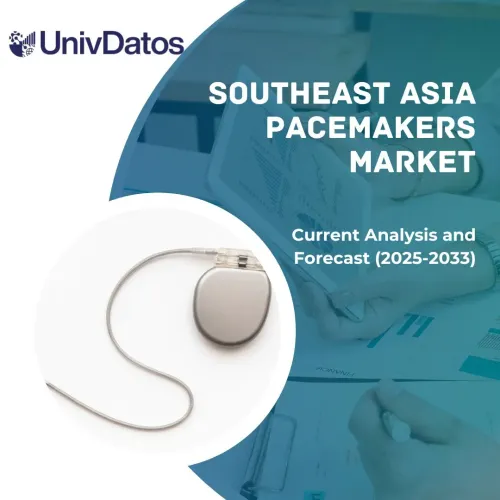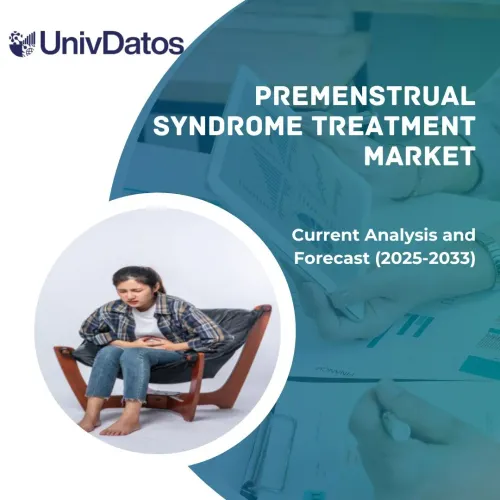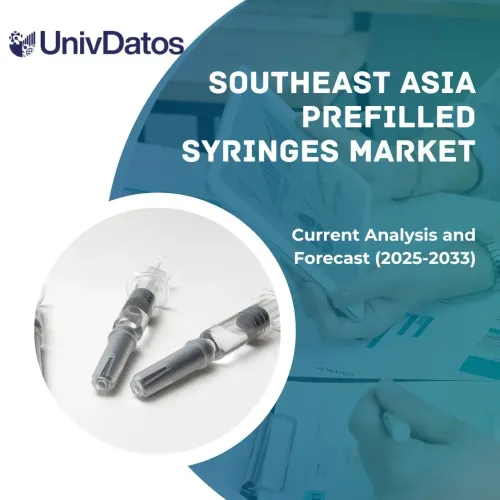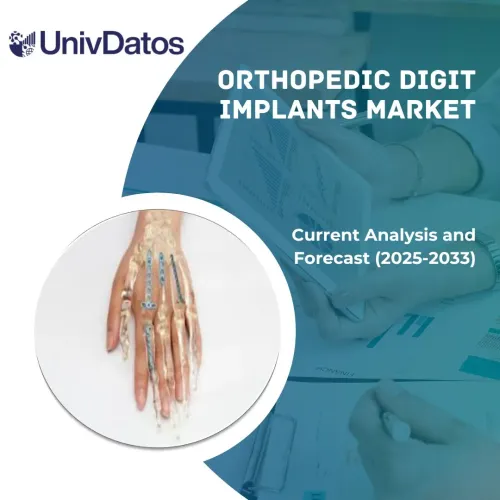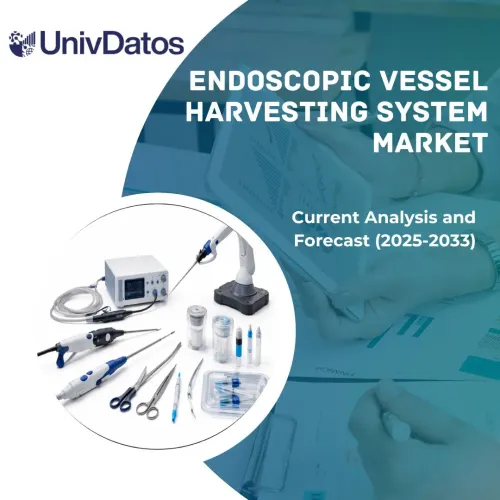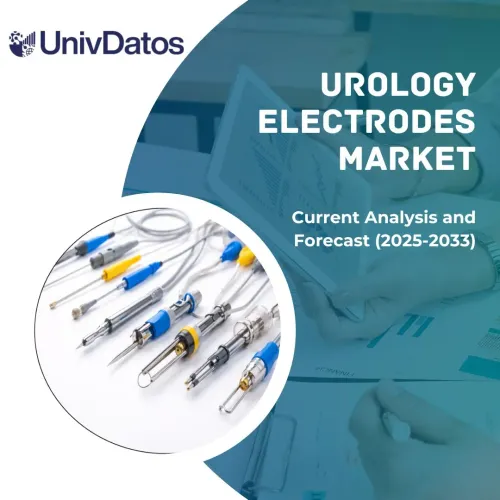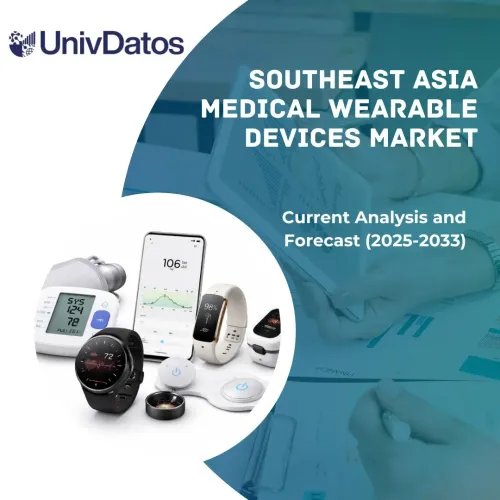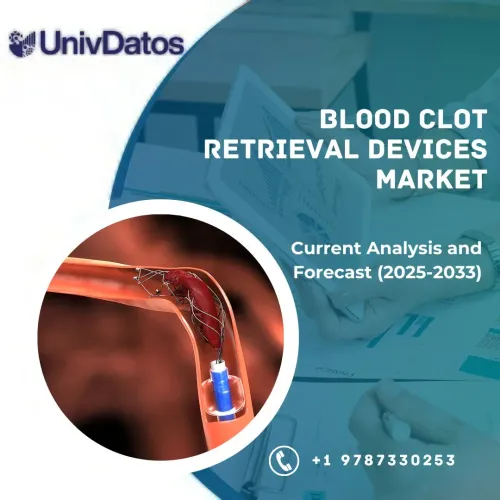- Home
- About Us
- Industry
- Services
- Reading
- Contact Us
Anticoagulants Market: Current Analysis and Forecast (2021-2027)
Emphasis on Drug Class (Novel Oral Anticoagulants (NOACs), Heparin & Low Molecular Weight Heparin (LMWH), Vitamin K Antagonist, Others); Application (Pulmonary Embolism, Deep Vein Thrombosis, Atrial Fibrillation & Heart Attack, Others); Route of Administration (Oral and Injectable); Region/Country
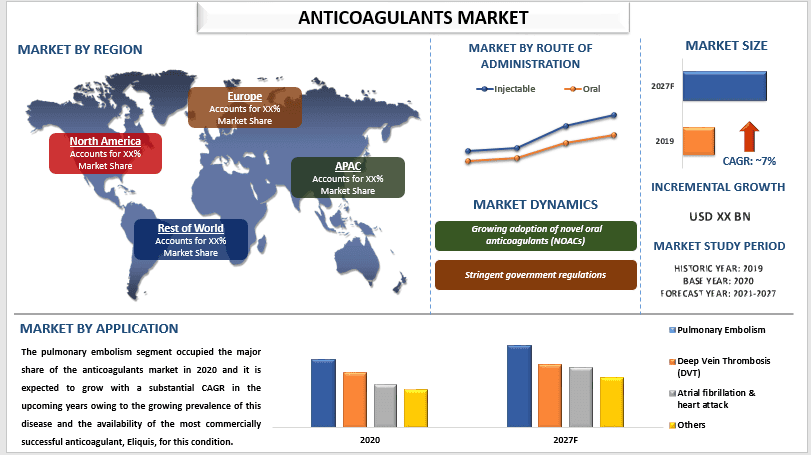
Global Anticoagulants Market is anticipated to grow with an elevated CAGR of around 7% over the forecast period (2021-2027). Anticoagulants are also called blood thinners and are used for treating and preventing blood clots which can block blood vessels. This blockage can occur in a vein or artery and can lead to serious complications such as heart attack or stroke as the clot disrupts the flow of blood to important organs. The anticoagulants market is expected to grow owing to the rising prevalence of various cardiovascular diseases coupled with a rapidly growing geriatric population. According to the United Nations, the 60+ aged population was 962 million in 2017 which is more than twice that it was in 1980 at 382 million. The number of elderly is expected to double again by 2050 and reach nearly 2.1 billion worldwide. The occurrence of cardiovascular diseases is almost 15% higher in the elderly population as compared to the younger population. Owing to these glaring stats, there is a rising demand for blood thinners as it is one of the critical components for treating cardiovascular diseases. Furthermore, the increasing awareness and growing need for advanced & effective drugs are some other factors contributing to the growth of the market.
Johnson & Johnson, Bayer AG, Boehringer Ingelheim GmbH, Bristol-Myers Squibb Company, Daiichi Sankyo Company, Abbott Laboratories, Sanofi S.A., Pfizer, Inc., GlaxoSmithKline plc., Dr. Reddy’s Laboratories, are some of the prominent players operating in the anticoagulants market. Several M&As along with partnerships have been undertaken by these players to facilitate customers with anticoagulants.
Insights Presented in the Report
“Amongst Drug Class, novel oral anticoagulants segment holds the major share”
Based on the drug class, the anticoagulants market is segmented into novel oral anticoagulants (NOACs), heparin & low molecular weight heparin (LMWH), vitamin K antagonists, and others. The novel oral anticoagulants segment accounted for a significant market share in 2020 and it is estimated that it will grow rapidly during the projected timeframe. The segment is anticipated to grow on account of the growing adoption of NOACs in developing countries and the high preference for these drugs over warfarin. Some of the common NOACs are dabigatran, and rivaroxaban, among others.
“Amongst Application, pulmonary embolism segment holds the major share”
Based on application, the anticoagulants market is divided into pulmonary embolism, deep vein thrombosis, atrial fibrillation & heart attack, and others. The pulmonary embolism segment occupied the major share of the anticoagulants market in 2020 and it is expected to grow with a substantial CAGR in the upcoming years owing to the growing prevalence of this disease and the availability of the most commercially successful anticoagulant, Eliquis, for this condition.
“Amongst Route of Administration, injectable segment holds the major share”
Based on the route of administration, the market is fragmented into oral and injectable. In 2020, the injectable segment grabbed a considerable market share, and it is expected to grow at a significant CAGR during the forecast period. The growth of this segment is because more patients prefer injectable anticoagulants currently. Some of the commonly used injectable anticoagulants are low molecular weight heparin, lepirudin, and danaparoid, among others. However, the oral segment is also expected to grow with a lucrative CAGR during the forecast period.
“North America represents one of the largest markets of Anticoagulants market”
For a better understanding of the market dynamics of the Anticoagulants market, a detailed analysis was conducted for different regions across the globe including North America (the U.S, Canada, and the Rest of North America), Europe (Germany, France, Spain, United Kingdom, Italy, and Rest of Europe), Asia-Pacific (China, India, Australia, Japan, and Rest of APAC), Rest of World has been conducted. North America constitutes a major market for the Anticoagulants market industry in 2020 owing to strong healthcare infrastructure and growing adoption of anticoagulants in the region.
Reasons to buy this report:
- The study includes market sizing and forecasting analysis validated by authenticated key industry experts
- The report presents a quick review of overall industry performance at one glance
- The report covers an in-depth analysis of prominent industry peers with a primary focus on key business financials, product portfolio, expansion strategies, and recent developments
- Detailed examination of drivers, restraints, key trends, and opportunities prevailing in the industry
- The study comprehensively covers the market across different segments
- Deep dive regional level analysis of the industry
Customization Options:
The global anticoagulants market can further be customized as per the requirement or any other market segment. Besides this, UMI understands that you may have your own business needs, hence feel free to connect with us to get a report that completely suits your requirements.
Table of Content
Research Methodology for the Global Anticoagulants Market Analysis (2021-2027)
Analyzing the historical market, estimation of the current market, and forecasting the future market of the global anticoagulants market were the three major steps undertaken to create and analyze the adoption of anticoagulants in major regions globally. Exhaustive secondary research was conducted to collect the historical market numbers and estimate the current market size. Secondly, to validate these insights, numerous findings and assumptions were taken into consideration. Moreover, exhaustive primary interviews were also conducted, with industry experts across the value chain of the global anticoagulants market. Post assumption and validation of market numbers through primary interviews, we employed a top-down/bottom-up approach to forecasting the complete market size. Thereafter, market breakdown and data triangulation methods were adopted to estimate and analyze the market size of segments and sub-segments of the industry pertains to. Detailed methodology is explained below:
Seek More Details About Research Methodology
Analysis of Historical Market Size
Step 1: In-Depth Study of Secondary Sources:
Detail secondary study was conducted to obtain the historical market size of anticoagulants through company internal sources such as annual reports & financial statements, performance presentations, press releases, etc., and external sources including journals, news & articles, government publications, competitor publications, sector reports, third-party database, and other credible publications.
Step 2: Market Segmentation:
After obtaining the historical market size of the anticoagulants market, we conducted a detailed secondary analysis to gather historical market insights and share for different segments & sub-segments for major regions. Major segments included in the report as drug class, application, and route of administration. Further country-level analyses were conducted to evaluate the overall adoption of Anticoagulants across the globe.
Step 3: Factor Analysis:
After acquiring the historical market size of different segments and sub-segments, we conducted a detailed factor analysis to estimate the current market size of Anticoagulants. Further, we conducted factor analysis using dependent and independent variables such as drug class, applications, and route of administration. A thorough analysis was conducted for demand and supply-side scenarios considering top partnerships, mergers and acquisition, business expansion, and product launches in the Anticoagulants sector across the globe.
Current Market Size Estimate & Forecast
Current Market Sizing: Based on actionable insights from the above 3 steps, we arrived at the current market size, key players in the anticoagulants market, and market shares of the segments. All the required percentage shares split, and market breakdowns were determined using the above-mentioned secondary approach and were verified through primary interviews.
Estimation & Forecasting: For market estimation and forecast, weights were assigned to different factors including drivers & trends, restraints, and opportunities available for the stakeholders. After analyzing these factors, relevant forecasting techniques i.e., the top-down/bottom-up approach were applied to arrive at the market forecast for 2027 for different segments and subsegments across the major markets globally. The research methodology adopted to estimate the market size encompasses:
- The industry’s market size, in terms of value (US$) and the adoption rate of Anticoagulants across the major markets domestically
- All percentage shares, splits, and breakdowns of market segments and sub-segments
- Key players in the anticoagulants market in terms of products offered. Also, the growth strategies adopted by these players to compete in the fast-growing market
Market Size and Share Validation
Primary Research: In-depth interviews were conducted with the Key Opinion Leaders (KOLs) including Top Level Executives (CXO/VPs, Sales Head, Marketing Head, Operational Head, and Regional Head, Country Head, etc.) across major regions. Primary research findings were then summarized, and statistical analysis was performed to prove the stated hypothesis. Inputs from primary research were consolidated with secondary findings, hence turning information into actionable insights.
Split of Primary Participants in Different Regions
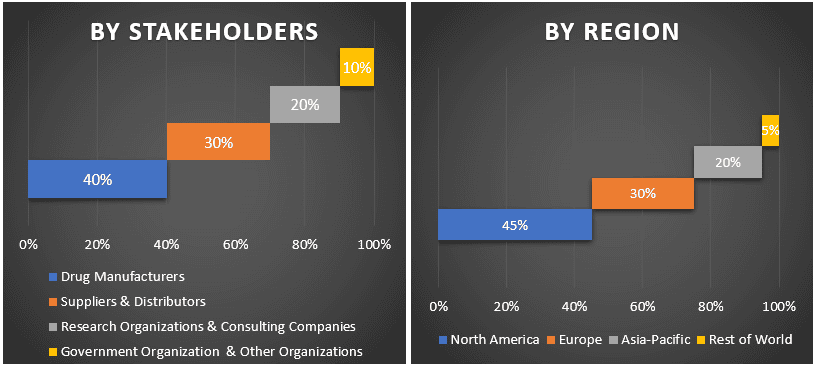
Market Engineering
The data triangulation technique was employed to complete the overall market estimation and to arrive at precise statistical numbers for each segment and sub-segment of the anticoagulants market. Data was split into several segments & sub-segments post studying various parameters and trends in the areas of drug class, applications, and route of administration of the anticoagulants market.
The main objective of the Anticoagulants Market Study
The current & future market trends for anticoagulants were pinpointed in the study. Investors can gain strategic insights to base their discretion for investments on the qualitative and quantitative analysis performed in the study. Current and future market trends determined the overall attractiveness of the market at a regional level, providing a platform for the industrial participant to exploit the untapped market to benefit from a first-mover advantage. Other quantitative goals of the studies include:
- Analyze the current and forecast market size of anticoagulants in terms of value (US$). Also, analyze the current and forecast market size of different segments and sub-segments
- Segments in the study include areas of drug class, application, and route of administration
- Define and analysis of the regulatory framework for the anticoagulants industry
- Analyze the value chain involved with the presence of various intermediaries, along with analyzing customer and competitor behaviors of the industry
- Analyze the current and forecast market size of the anticoagulants market for the major region
- Major regions studied in the report include North America, Europe, Asia-Pacific, and Rest of the world
- Company profiles of the anticoagulants market and the growth strategies adopted by the market players to sustain in the fast-growing market
- Deep dive regional level analysis of the industry
Related Reports
Customers who bought this item also bought

